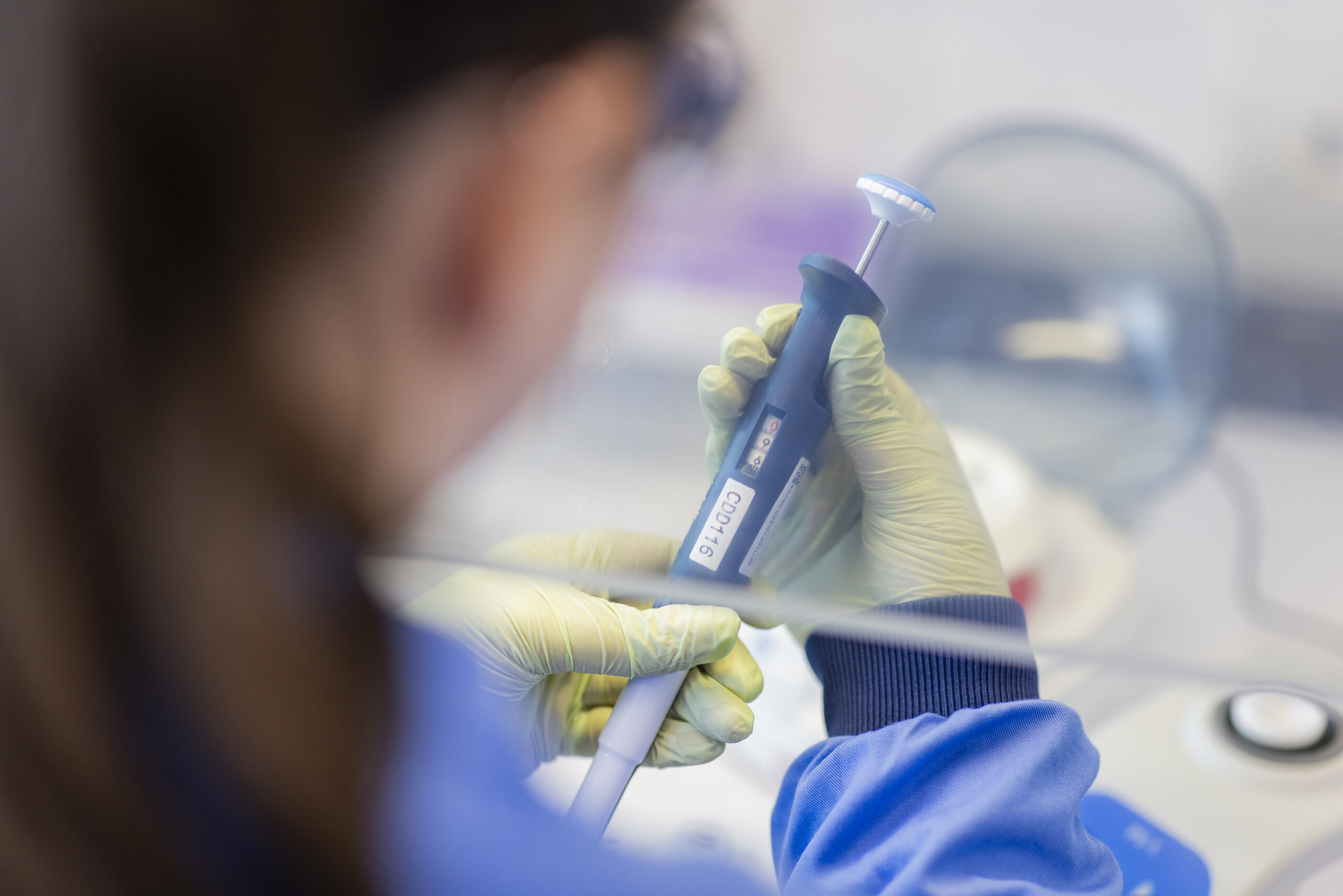LifeArc welcomes the UK government’s national action plan for antimicrobial resistance (AMR), which was published today, highlighting the desperate need for increased investment, collaboration, and scientific support in addressing the current threat to global health.
Through our £30m PACE (Pathways to Antimicrobial Clinical Efficacy) partnership, we are delighted to have contributed to the policy paper and we welcome the new strategic objectives to reduce the need for antimicrobials, invest in innovative tests and treatments, support low-and-middle-income-countries, and optimise the use of antimicrobials to ensure they are only used when needed.
Responding to today’s launch of the UK’s next five-year national action plan for antimicrobial resistance (AMR) 2024-2029, Dr Beverly Isherwood and Dr Clive Mason, PACE Programme Directors, said: “We are in a race against biology and today’s announcement demonstrates the clear need for increased investment and scientific support to address the threat posed by AMR to global health. We were delighted to contribute to this policy paper, and we welcome the new commitments. Through the PACE partnership, we are already funding and supporting the progression of early-stage innovative AMR products that address high unmet needs. Crucially, we are also building a pipeline for alternative new drugs to support the reduced use of antibiotics. The new national action plan reinforces and strengthens the UK’s leading role in addressing the urgent global healthcare threat posed by AMR, and PACE will continue to support this vision.”
The World Health Organisation estimates that there are 4.95 million deaths worldwide each year due to AMR, which disproportionately affects low-and-middle-income-countries (LMIC). Without intervention, the United Nations has warned that this could increase to 10 million by 2050.
LifeArc recognises the increased AMR burden in LMICS and we are working with local stakeholders to develop viable solutions through diagnostics, surveillance, or treatments. We are pleased to see this imbalance in AMR burden called out in the new Action Plan as one of the reports 10 AMR research priorities.
Earlier this year, LifeArc formed a new partnership with ReAct (Action on Antibiotic Resistance) Africa to introduce a pioneering effort to transform how antibiotics are used in Zambia and Kenya. The ASPIRE initiative focuses on empowering healthcare professionals to make robust decisions on antibiotic prescriptions, ensuring that they are only used if there is likely to be a clear benefit. By doing so, the project aims to improve patient care and reduce antimicrobial resistance. With the support of LifeArc, ReAct Africa is committed to pioneering sustainable solutions that will set new benchmarks for antibiotic stewardship in low- and middle-income countries (LMICs).
Media contact
Hannah Severyn
Head of Media and PR at LifeArc



